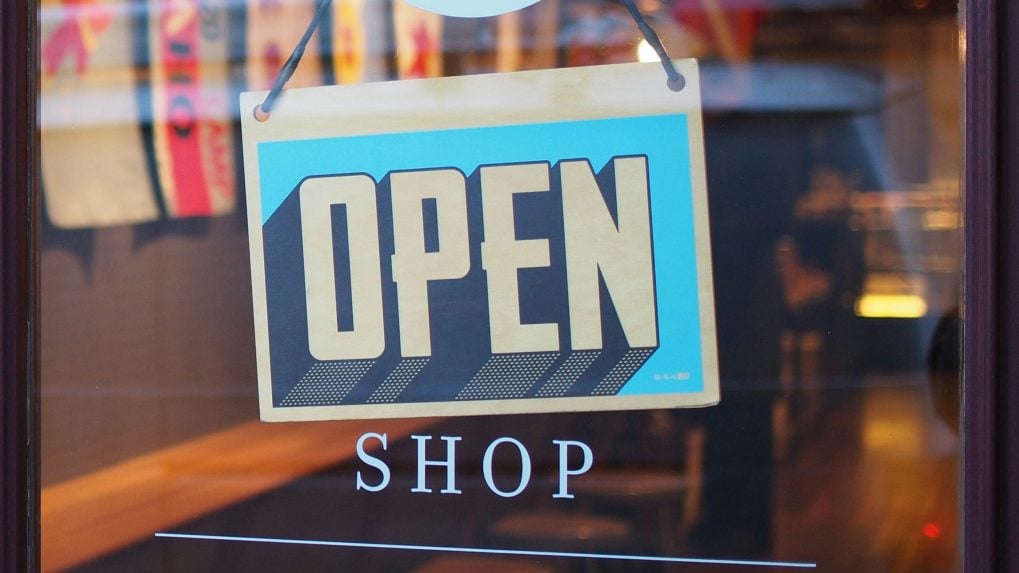Digital
Why OpenAI is hiring 100 ex-bankers: Inside the ChatGPT-maker's secret project to automate Wall Street's grunt work

India’s sweeping consumption tax cut under Prime Minister Narendra Modi’s government has ignited a massive spending surge during the festive season, driving shoppers to splurge on everything from cars and jewellery to kitchen appliances. The move provided a major boost to domestic consumption and helped counter the economic slowdown triggered by the United States’ 50 per cent import levy.
According to data from retail intelligence platform Bizom shared with Bloomberg News, consumer spending between 22 September and 21 October, spanning the period between Navratri and Diwali, rose 8.5 per cent compared to the same time last year. Total retail sales across the country touched ₹6 trillion ($67.6 billion), with jewellery, electronics, apparel, furnishings and sweets among the top-performing categories, B. C. Bhartia, national president of the Confederation of All India Traders, revealed in a statement.
He explained that the uptick reflected a turnaround in domestic consumption, which had shown early signs of recovery in April before being hampered by the steep U.S. tariffs. The government responded by slashing the Goods and Services Tax (GST) from 22 September on nearly 400 product categories, marking India’s first major tax reduction in almost a decade.
The tax relief immediately translated into higher demand for automobiles, with carmakers including Maruti Suzuki India Ltd., Tata Motors Passenger Vehicles Ltd., and Mahindra & Mahindra Ltd. reporting strong sales growth. Hyundai Motor India Ltd. recorded a 20 per cent increase in sales on Dhanteras, traditionally considered an auspicious day for major purchases such as gold and vehicles. Tata Motors delivered over 100,000 cars between Navratri and Dhanteras, while Mahindra & Mahindra registered a 27 per cent jump in tractor sales, driven by a good monsoon that boosted rural incomes alongside the tax cut.
Maruti’s senior executive officer for marketing and sales, Partho Banerjee, revealed that the automaker’s production teams had been working Sundays to manage the surge in bookings, particularly for smaller, entry-level models such as the Alto, S-Presso, WagonR and Celerio. He added that demand from first-time buyers upgrading from two-wheelers was particularly strong.
Financial services firms, including Kotak Mahindra Bank Ltd. and SBI Cards & Payments Services Ltd., also reported robust growth in festive spending, with significant increases across multiple categories.
Kaleeswaran A., chief financial officer at Crompton Greaves Consumer Electricals Ltd., said the company saw “buoyancy in the kitchen category,” with items such as pressure cookers performing strongly due to the GST reduction.
However, industry executives acknowledged that the tax revisions had briefly disrupted supply chains, as companies and distributors hurried to clear inventories at old rates before the new ones took effect. Some consumers, anticipating price reductions, delayed big-ticket purchases from mid-August — when Modi first announced the tax cut — to the end of September when the lower prices became applicable.
Economists urged caution in interpreting the spending boom. Sonal Varma and Aurodeep Nandi of Nomura noted in an October 27 report that part of the surge may reflect pent-up demand, suggesting a more accurate picture would emerge after analysing December–January data trends.
From purpose-driven work and narrative-rich brand films to AI-enabled ideas and creator-led collaborations, the awards reflect the full spectrum of modern creativity.
Read MoreIn a wide-ranging interview with Storyboard18, Sorrell delivers his frankest assessment yet of how the deal will redefine creativity, media, and talent across markets.